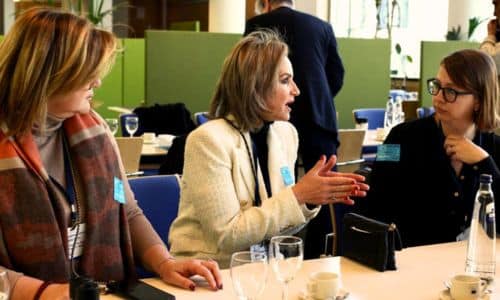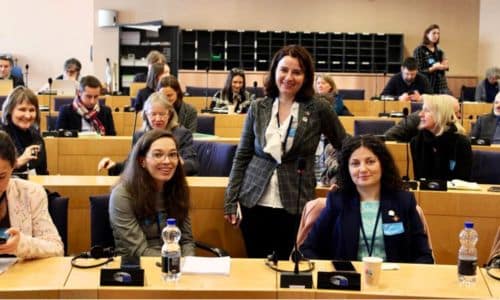
While collectively the number of people living with a rare disease is high, patient populations for each of the 6,000 rare diseases are low and patients are scattered across countries. The most effective strategies for rare diseases to improve the lives of EU citizens are therefore cross-border and EU-wide.
Working closely with our members, we focus our advocacy efforts on the EU level with the goal of influencing EU and national policymakers. To influence relevant legislation and policies, we interact with the institutions governing the European Union, such as the European Commission, the European Parliament, and the Council of the EU. By engaging with these institutions, we aim to ensure that the needs and perspectives of individuals living with rare diseases are represented in decision-making processes at the EU level.
Since national rare disease policies are inherently linked to European rare disease policies, we also work in close partnership with our National Alliances.
Thanks to the collaborative engagement of European and national policymakers, people living with a rare disease, their families and patient organisations, the landscape has changed drastically in recent decades. As a society, we have gone from near ignorance to the recognition of rare diseases as a public health priority in Europe.
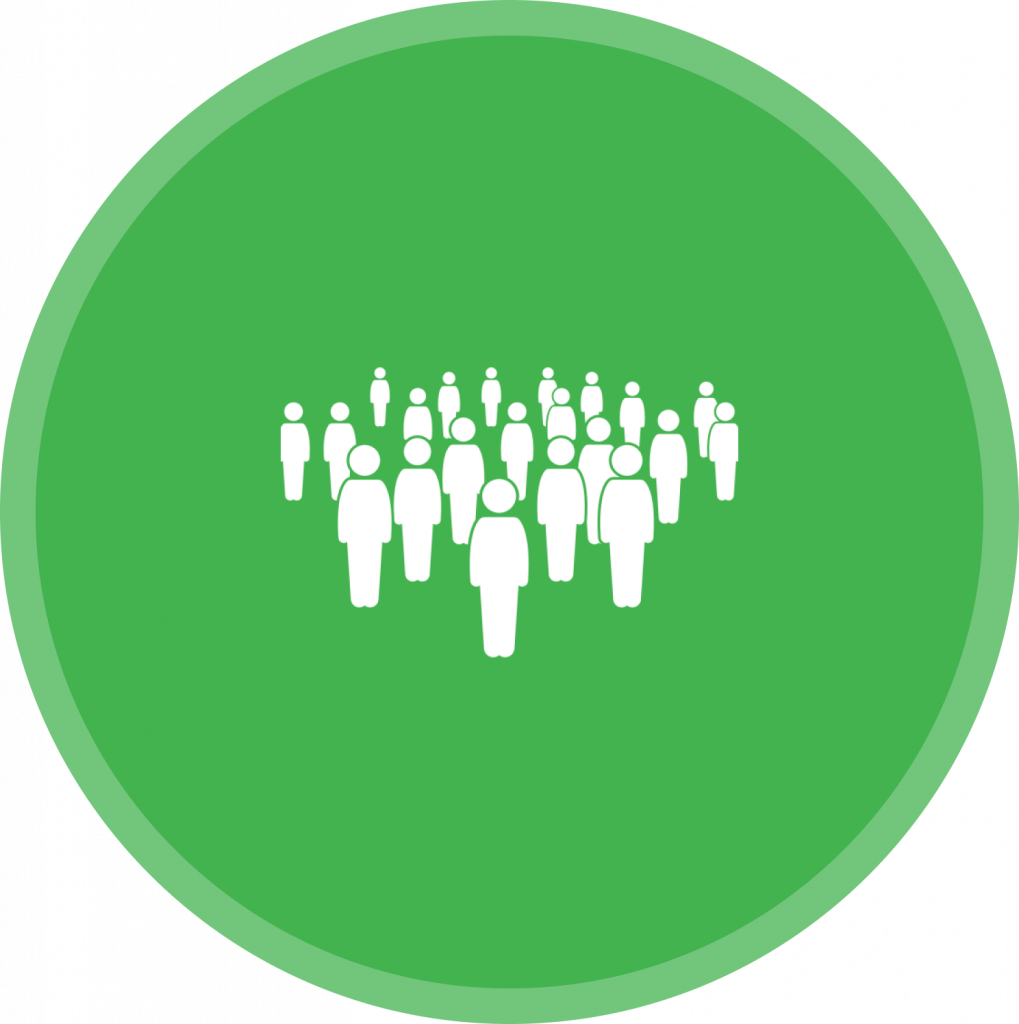
Approximately 1 in 17 people in Europe are living with a rare disease.
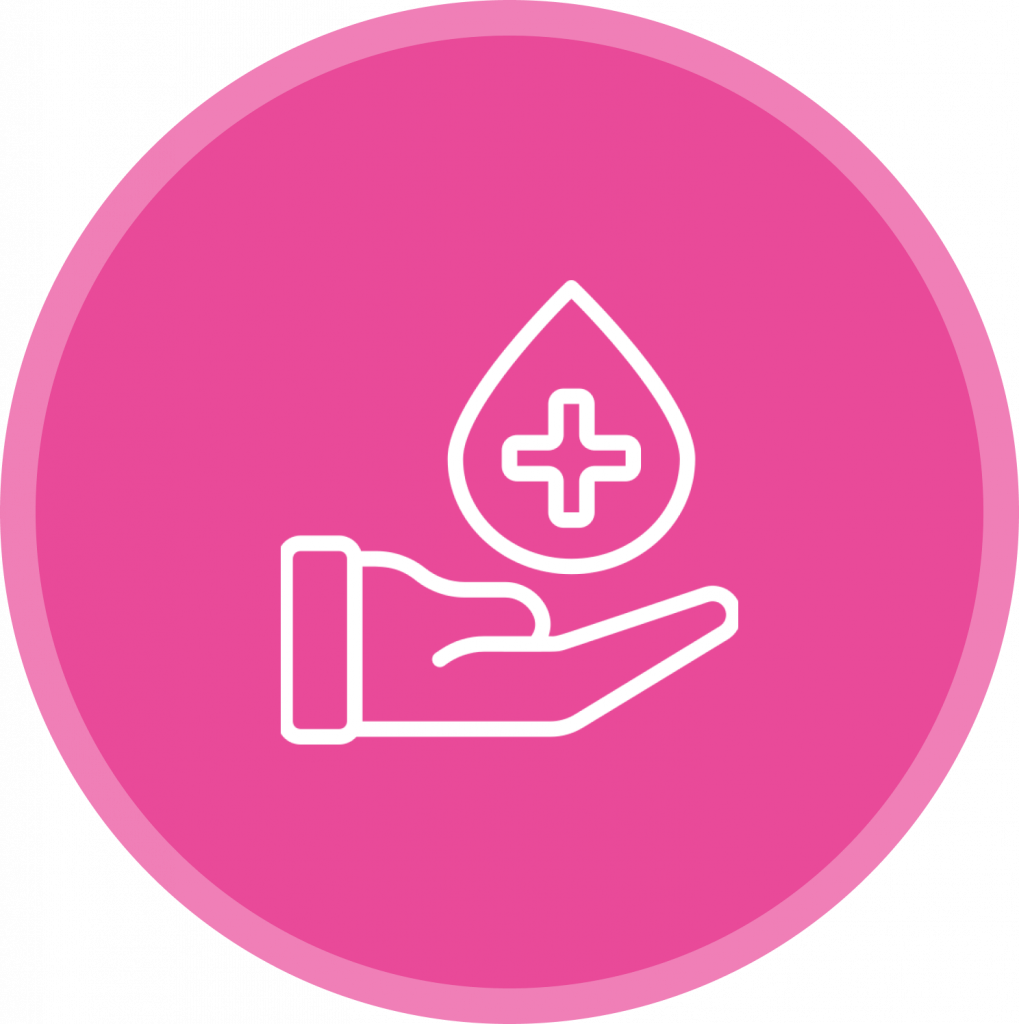
Only 6% of rare diseases have treatment, and very few are transformative.

7 in 10 patients and carers reduce professional activity due to rare diseases.
EURORDIS initiatives supporting our advocacy efforts
In order to be impactful and support rare disease patient organisations’ advocacy efforts, EURORDIS advocacy relies on:
EURORDIS’ key advocacy priorities at the EU level

A European ecosystem addressing the unmet needs of the rare disease community – A call for the European Union to create a comprehensive and goal-based European Action Plan for Rare Diseases, addressing the high unmet needs and breaking silos of various legislative pieces and initiatives.

Early, faster, more accurate diagnoses – We advocate for the European Union to coordinate an integrated approach to rare disease diagnoses, fostering collaboration between healthcare providers and sharing good practices across Member States to achieve faster and more accurate diagnoses for patients across Europe, while supporting research and equal implementation of modern diagnosis technologies. We also urge action to reduce inequalities resulting from national approaches to screening and prevention of rare diseases, such as coordinating EU-wide newborn screening to ensure equal opportunities for all children across Europe.

Integrated national and European healthcare pathways for rare and complex conditions – To bridge the gaps in accessing highly specialised healthcare for people with rare or complex conditions, we call on the EU to prioritise pan-European cooperation, including European Reference Networks (ERNs), to ensure timely and equal access to the best care and treatment, and to define specific solutions and European support for individuals affected by extremely rare diseases.

Timely access to affordable and innovative treatments across Europe – To address the challenges in accessing treatments for rare diseases, we urge the European Union to systematically engage with patients and their representatives throughout the research and regulatory processes, creating a robust framework focused on unmet needs, driving innovation, and improving access to transformative and affordable treatments, with strengthened cooperation in pricing and reimbursement at the European level.

Integrated, person-centred and lifelong holistic care – The European Union should recognise the unique care needs of the rare disease community, supporting Member States in creating lifelong care pathways and improving disability assessments, while acknowledging the mental health challenges faced by this vulnerable population.

Innovative and needs-led research and development – The EU should promote long-term cross-border collaboration on rare disease research, foster research capability of ERNs, and support cross-sectoral partnerships under Horizon Europe to address challenges in knowledge, diagnosis, and treatments for rare diseases, while ensuring patient engagement.

Optimised data for patient and societal benefit – To unlock the potential of health data in Europe and improve the lives of people with rare diseases, we call on the EU to support the harmonisation, optimisation, and interoperability of electronic health records, establish a trusted governance framework with input from ERNs, and collaborate with patient representatives to ensure ethical and patient-centric data sharing.

Advancing sustainable, integrated and resilient treatment development – To optimise research, development, and access to treatments while ensuring ethical and environmental responsibility, we urge the EU to support digital tools for accessible clinical trials, implement 3R principles in regulatory medicine testing, and promote collaboration within the pharmaceutical industry for enhanced environmental sustainability.
Driving rare disease policy in the EU: the Rare2030 vision
Because of the tremendous impact of EU-level action on the lives of people with rare diseases, driving and shaping EU policies has always been at the heart of EURORDIS mission and action. For example, EURORDIS played a significant role in the development of the Regulation of 1999 on Orphan Medicinal Products, and the subsequent Commission Communication (2008) and Council Recommendation (2009); the Directive on Patients’ Rights in Cross Border Healthcare (2011), including national plans for rare diseases; investment in research; and the establishment of the European Reference Networks in 2017.
While we have seen significant progress in rare disease policy over the past two decades, there is still much work to be done to meet the needs of individuals living with a rare disease.
Rare 2030 Foresight Study
With the aim to set the EU policy for the years to come, EURORDIS led the Rare 2030 Foresight Study (2019-2021). Supported by EU bodies, this two-year study guided a multi-stakeholder reflection on rare disease policy in Europe through the next ten years and beyond. The Rare 2030 Foresight Study concluded with eight recommendations covering diagnosis, treatment, care, research, data, and European and national infrastructures setting out the roadmap for the next decade of rare disease policies.
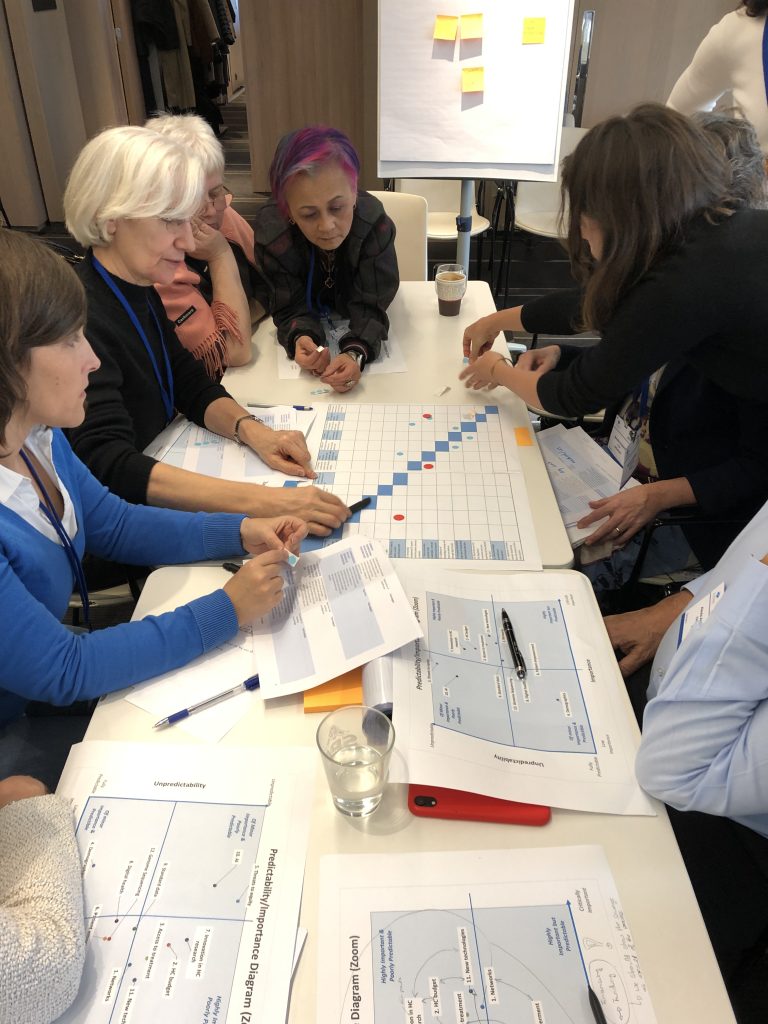
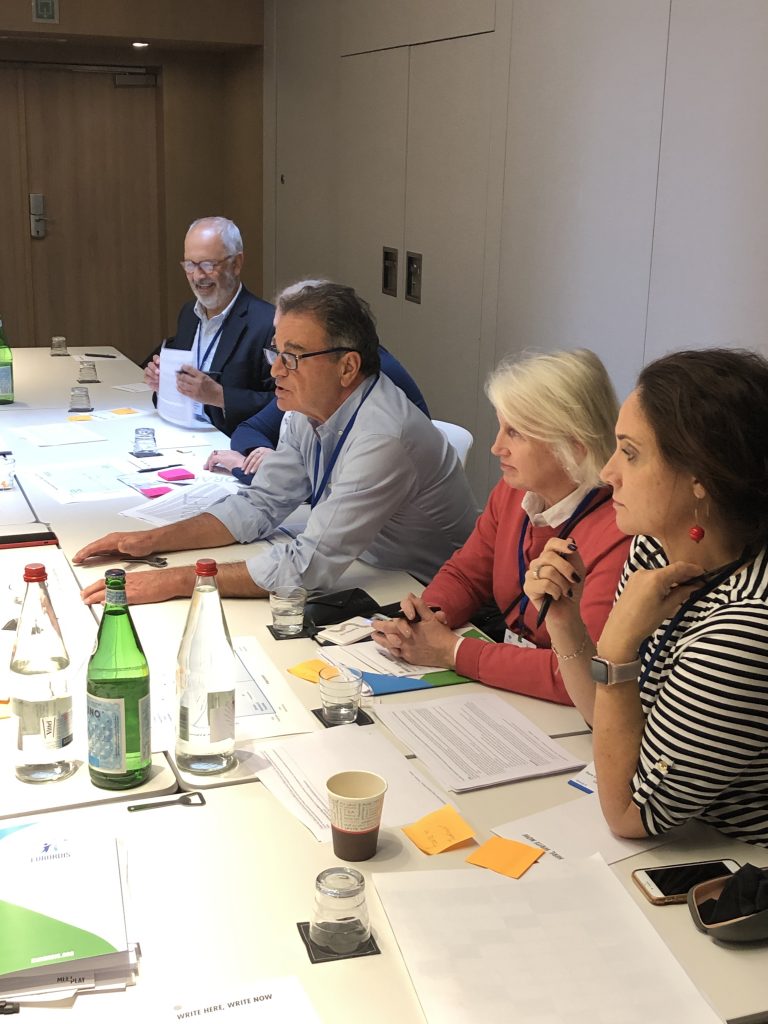
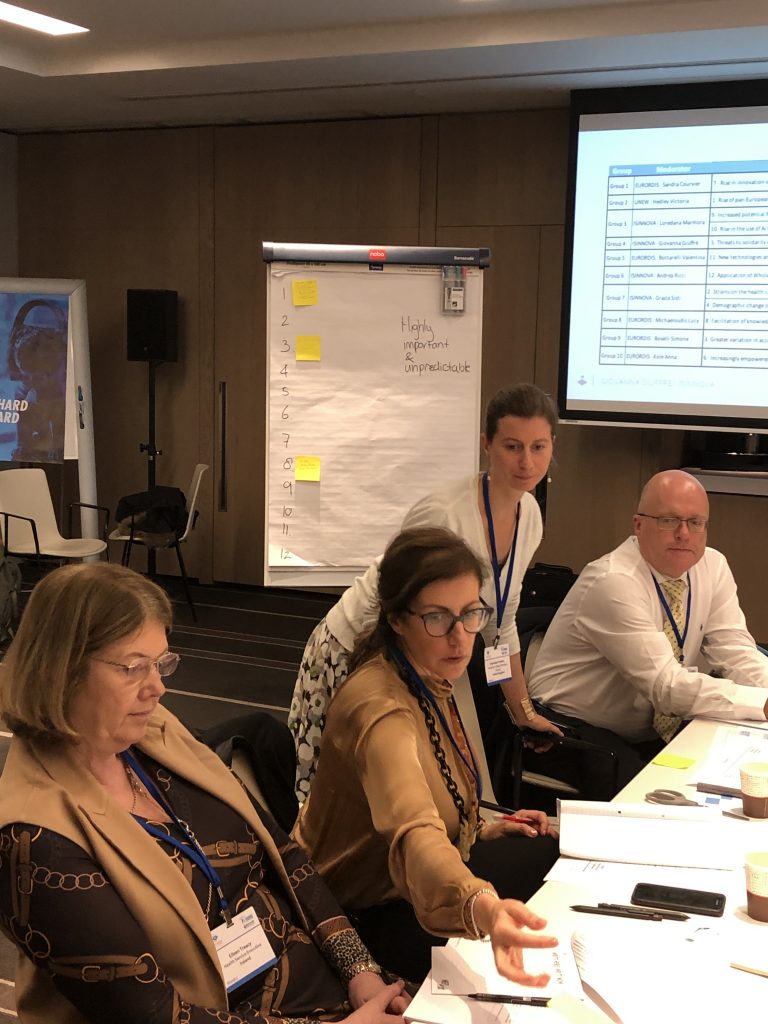
EURORDIS-Rare Diseases Europe supports the study’s recommendations and believes that a renewed focus on rare diseases as a public health priority through strengthened cooperation and coordination of Member States will ensure that scientific, technological, and therapeutic advances result in the greatest impact for the vulnerable population continually challenged by premature death, significant inequalities in health and well-being, and a lack of access to effective treatments.
In line with the main Rare2030 recommendation, EURORDIS goal is to facilitate the creation of a new EU policy framework for rare diseases – including rare cancers, rare infections and rare poisonings – guaranteeing that rare diseases remain a public health priority through concerted European actions and guiding the implementation of long-term national plans and policies across all countries in Europe.
Why EU policy matters for rare diseases
EU policy plays a critical role in addressing the challenges faced by people living with rare diseases. The EU establishes policies and legislation that impact the lives of people living with rare diseases and provides a framework for cooperation between EU member states, which enables the sharing of knowledge and resources to improve rare disease diagnosis, treatment, and research. EU policies also facilitate the development of new treatments and the creation of patient registries, which are essential for understanding rare diseases and developing effective therapies.
Over the last two decades, EU policies and legislation have indeed had a significant impact on rare disease patients and their families. For example, the EU’s Orphan Medicinal Products Regulation, adopted in 2000, provides incentives for pharmaceutical companies to develop treatments for rare diseases, leading to the approval of over 170 orphan drugs. The EU also funds research through the Horizon Europe programme and the European Reference Networks (ERNs), which are networks of healthcare professionals and centres of expertise that specialise in rare diseases.
In comparison, national policies can vary widely, and many countries do not have the resources or expertise to address rare diseases adequately. The EU’s coordinated approach provides a more comprehensive and efficient way to address rare diseases and creates a level playing field across Europe.

